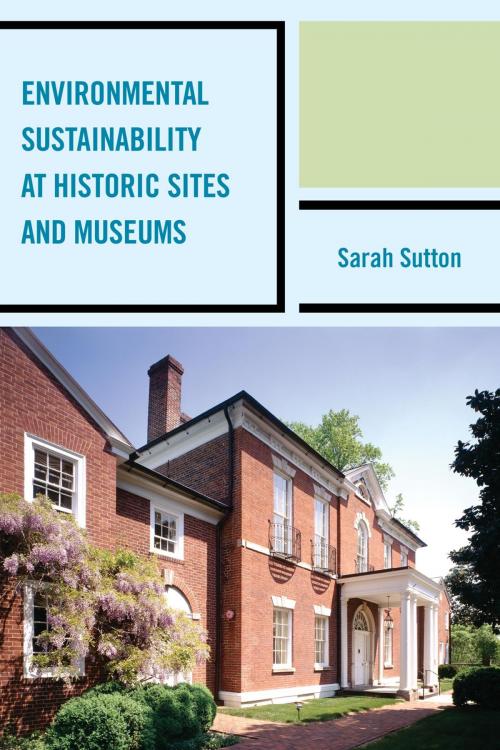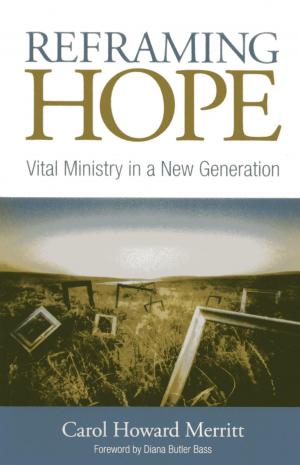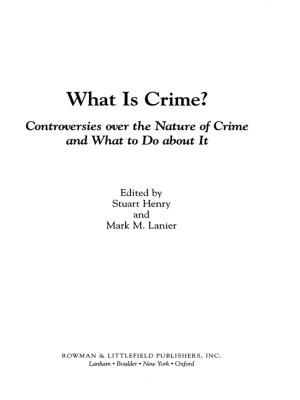Environmental Sustainability at Historic Sites and Museums
Nonfiction, Science & Nature, Nature, Environment, Environmental Conservation & Protection, Business & Finance, Industries & Professions, Art & Architecture, General Art| Author: | Sarah Sutton | ISBN: | 9780759124165 |
| Publisher: | Rowman & Littlefield Publishers | Publication: | March 26, 2015 |
| Imprint: | Rowman & Littlefield Publishers | Language: | English |
| Author: | Sarah Sutton |
| ISBN: | 9780759124165 |
| Publisher: | Rowman & Littlefield Publishers |
| Publication: | March 26, 2015 |
| Imprint: | Rowman & Littlefield Publishers |
| Language: | English |
Growing public interest in environmental sustainability is a gift to historic sites and museums. It is an invitation to use our knowledge, collections, and sites to discuss how human practices and interactions with the environment in past were – and were not – environmentally sustainable. Being green still has a great deal to do with using less energy, buying less stuff, and recycling more, but now sustainability just as important in strategic planning, interpretation and public engagement. Environmental Sustainability at Historic Sites and Museums details how to go green at every level of your organization
Why is this important? Because it is no longer a choice; environmental awareness as an amenity has become climate awareness as a necessity. Seas and storms threaten historic coastal communities. Flooding increasingly threatens sites near rivers. What structural precautions, collections care changes, and insurance approaches should you take for the new normal? What self-sufficiencies must you develop? What role do you have in community responses?
Let environmental sustainability change the way you operate, engage the community and fulfill your mission. Let this book introduce you to the topic if you’re new to it; or take you to the next level of performance if you’ve been doing this awhile. From one of the leading experts in the sustainability practices in museums, this book explains how engaging in sustainable practices will benefit not only the planet, but also the people you serve, your programs and even your profits. To demonstrate this, Sutton provides case studies from museums at the forefront of the green movement.
Growing public interest in environmental sustainability is a gift to historic sites and museums. It is an invitation to use our knowledge, collections, and sites to discuss how human practices and interactions with the environment in past were – and were not – environmentally sustainable. Being green still has a great deal to do with using less energy, buying less stuff, and recycling more, but now sustainability just as important in strategic planning, interpretation and public engagement. Environmental Sustainability at Historic Sites and Museums details how to go green at every level of your organization
Why is this important? Because it is no longer a choice; environmental awareness as an amenity has become climate awareness as a necessity. Seas and storms threaten historic coastal communities. Flooding increasingly threatens sites near rivers. What structural precautions, collections care changes, and insurance approaches should you take for the new normal? What self-sufficiencies must you develop? What role do you have in community responses?
Let environmental sustainability change the way you operate, engage the community and fulfill your mission. Let this book introduce you to the topic if you’re new to it; or take you to the next level of performance if you’ve been doing this awhile. From one of the leading experts in the sustainability practices in museums, this book explains how engaging in sustainable practices will benefit not only the planet, but also the people you serve, your programs and even your profits. To demonstrate this, Sutton provides case studies from museums at the forefront of the green movement.















